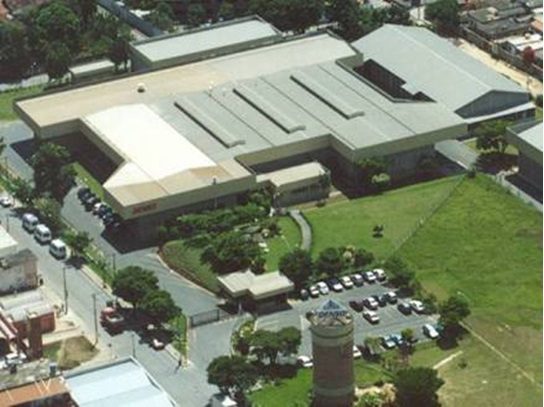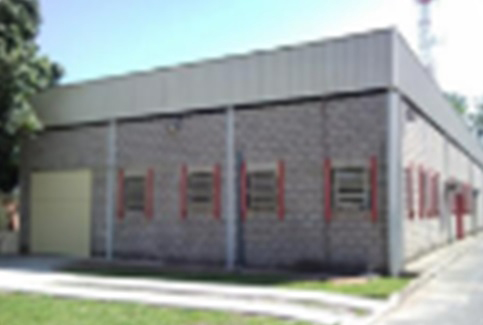3. Business diversification (2) Alternators
[2] Relocating to DMBR Betim and expanding the business

Although DMBR had started production for the wiper business in 1997 when it was still under the control of Marelli, in August 2000 it received an order for alternators from Fiat in the CKD production sector. The following year in 2001, DMBR began exploring for the purpose of a staged transition to local procurement and in-house production. At this point, DMBR received strong overtures from Toyota Motor and Honda Motor regarding the localization of alternator production.
DMBR found it necessary to relocate from its small rental plant in order to expand the business. Candidate sites included a former Xerox plant in the city of Campinas, near Hortolândia, the DNBR Curitiba plant, Cibié’s Betim plant, which produced headlamps, and MMST’s Betim plant.
MMST’s Betim Plant was unquestionably the former DNBR Betim Plant that MMST acquired when it entered Brazil in 2000. MMST had announced that in 2001 it would relocate to a new company-owned plant, which it intended to build in the city of Betim in anticipation of future business expansion. As a result, the former Betim Plant had become vacant.
The following were the main selection criteria for the new plant.
- Ability to start operations during the first half of 2001 (early building acquisition)
- Ability to secure the area and manpower required in the future
- Ability to handle just-in-time delivery for Fiat as the main customer
- Ability to clear business profitability targets with minimal investment

Ultimately, DMBR judged MMCL’s Betim Plant to be the most suitable because it was close to the customer’s plant, had a production track record as an HVAC plant, and had all of the accessory devices in place. Likewise, DMBR relocated operations there in May 2001. Later on, in 2003 DMBR succeeded in receiving an order for alternators from GM, which helped stabilize the business.
The Brazilian automobile market was also expected to see further growth. In December 2009, DMBR completed a testing and research building on site in order to develop and supply high-added-value products. DMBR also dispatched associates on business trips to DMIT in Italy in an effort to train them on testing skills. As a result, DMBR successfully reduced the time and cost involved in testing and inspections, and enabled itself to provide technical support to its customers.
At this time, corporate responsibility regarding the global environment was also starting to come into question. With the start of production for the new A115 alternator for Fiat, that same year DMBR set itself the business activity target of contributing to the sustainable growth of society, which it would achieve by developing and supplying products that were more economical and emitted less carbon.